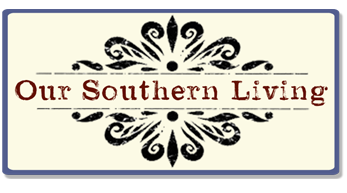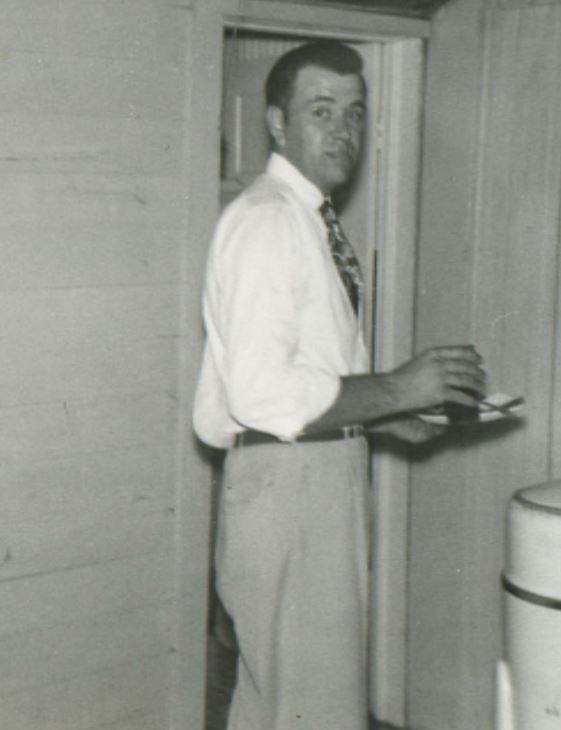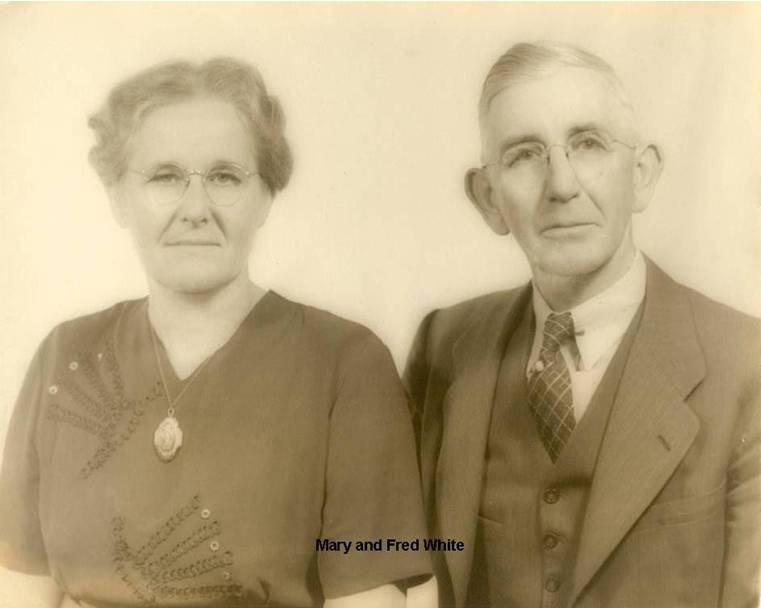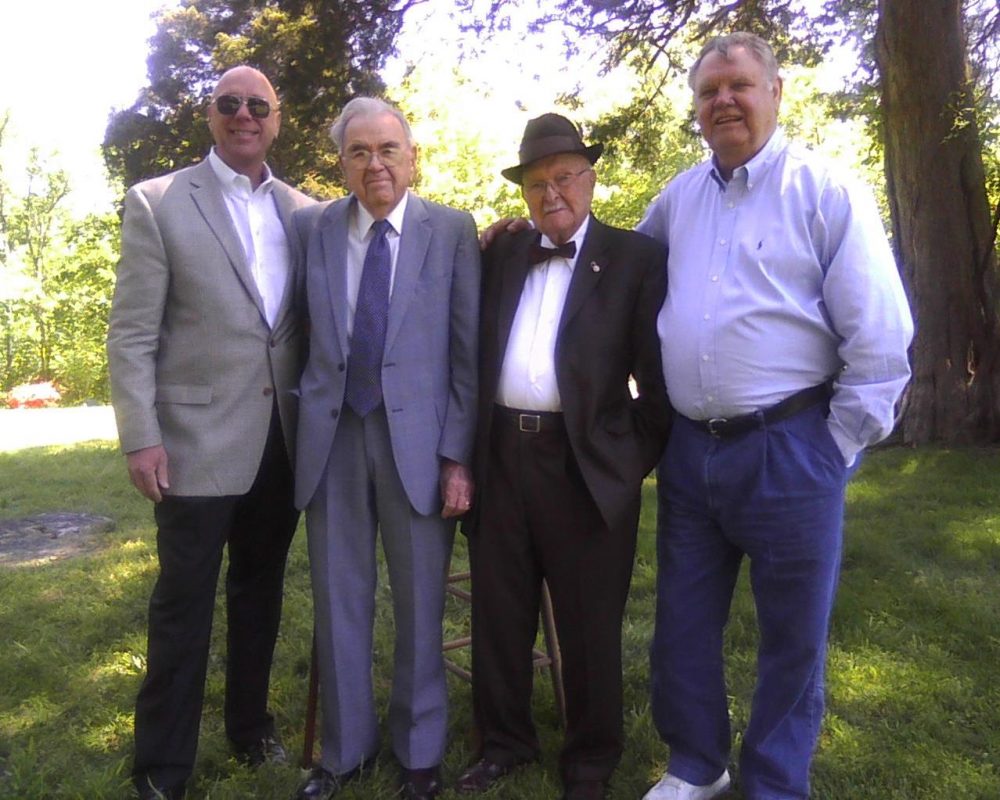Haynes Cemetery always has been hallowed ground to me. Mostly because I remember, from when I was a small boy, the Saturday before Mother’s Day, my hard-working dad Jack White would load up his push mower, hand-operated grass clippers, and other yard supplies and head out in his ’55 Ford to the country, to Scribner’s Mill, where he’d join other men and women who would help spruce up Haynes prior to Decoration.
Brother Jack helped mow the cemetery for many years, beginning when he was a young boy living on a farm almost directly across from Haynes.
As an adult, he was a big man, made hard as steel from unloading freight cars at the Columbia railway depot and delivering shipments all over Maury County in his green Railway Express truck.
I’m sure others worked as hard as he cleaning up the cemetery, but Brother Jack always went about any job like he was killing snakes. “He was never idle” as someone said about him. He worked in a hurry, red-faced and sweat-drenched.
When the cemetery looked just about perfect, and Decoration Day rolled around, folks would drive in from all over the place — yet, in the 1950s, most of the people came from Scribner’s Mill or Park and Bryant Stations, or close by. Most everybody brought flowers to decorate the graves.
Additionally, an empty hay wagon was rolled along the old border of tall cedars on the west side of the cemetery, and attendees brought covered dishes for dinner on the ground which was started with a prayer, then followed by gospel singing — hymnals and wooden folding chairs provided by the nearby Smyrna Church of Christ.
I can remember my Uncle Fred (actually my grandfather’s brother) leading the singing, throwing back his head and belting out “Heavenly Sunlight,” or some other selection from “Christian Hymns, Number Two.”
Among the singers were my grandparents and a lot of other kin, all dressed in their Sunday Best. Most took their church singing seriously so all the do-re-mis were in the right place and everybody was on tempo with the chopping motion of Uncle Fred’s hand.
After a couple of songs, someone, usually a minister, would be asked to say a few words.
Most of these traditions have faded away but Decoration Day still exists, thankfully. It provides us an opportunity to honor and remember beloved family and friends and ancestors we never knew but heard much about.
On one of these occasions, eight years ago, when my dad was just a month shy of his 90th birthday, he was asked to address those assembled. He was not prepared to deliver remarks, but he calmly collected himself, looked at the crowd, and spoke about the cemetery.
“These rocks cover memories…,” he started, and he began to talk about people who rested there. Here are a few of his kinsman who are interred at Haynes:
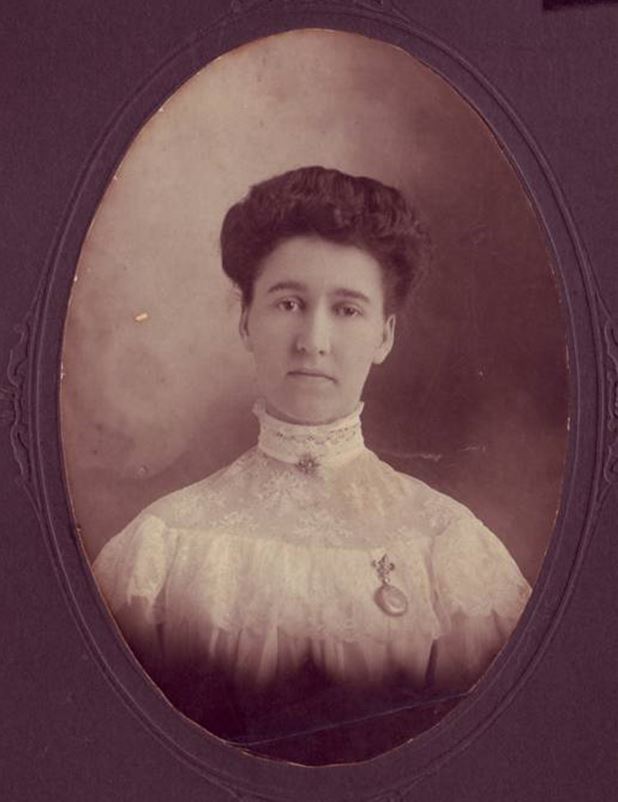
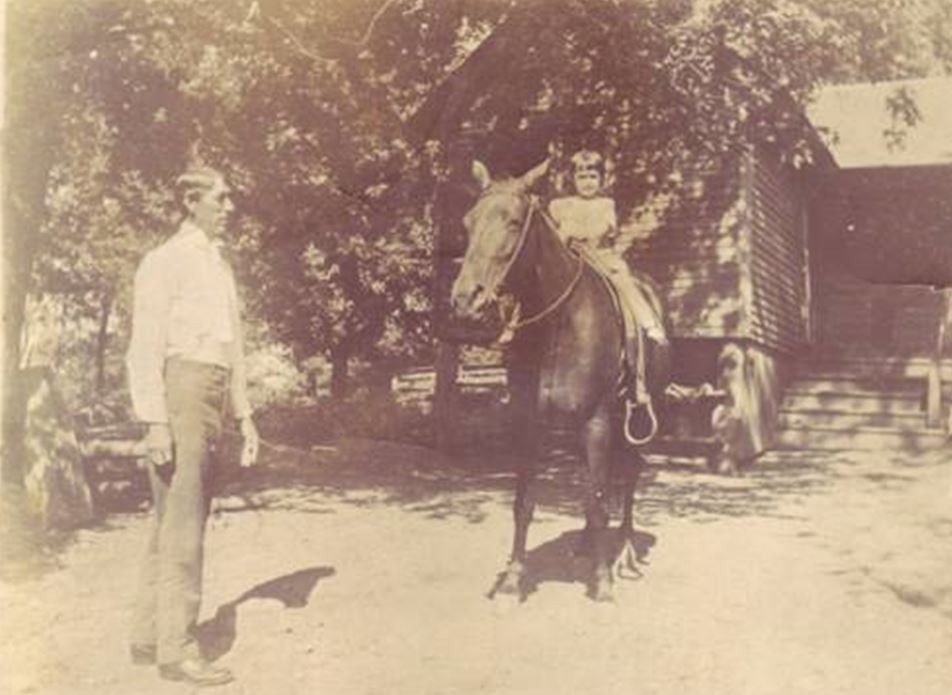
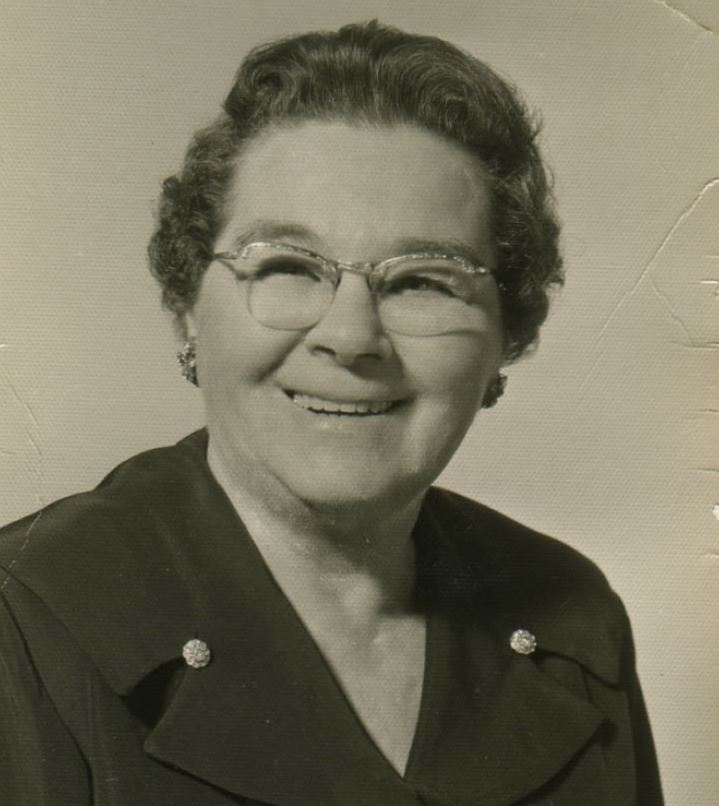
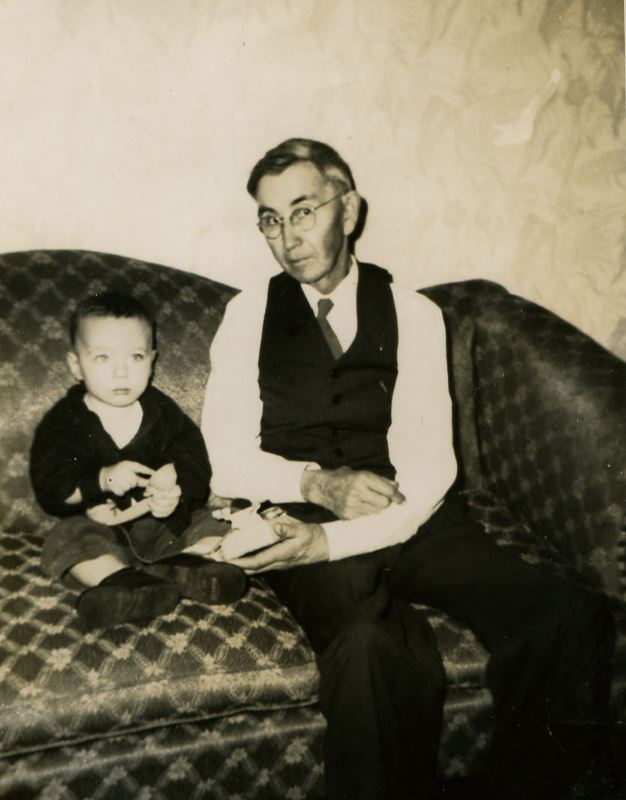
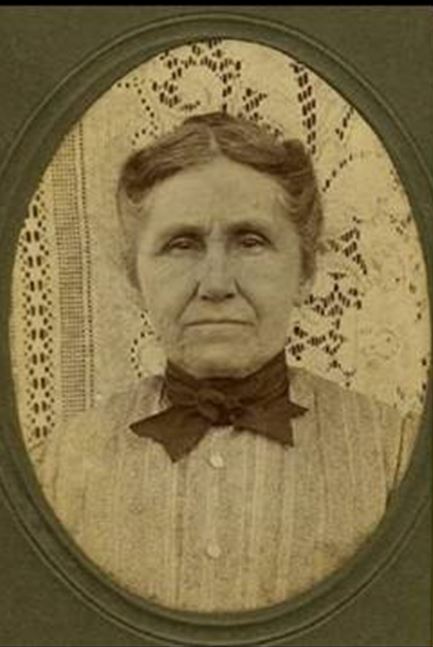
All in all, Jack was related to more than twenty people buried at Haynes and knew personally many, many more, having been raised in the community. He didn’t mention them all by name in his remarks but he talked about loved ones and their importance to us, and their influence upon us. Then, along the way, he quoted precisely from memory three verses from James:
“Go to now, ye that say, To day or to morrow we will go into such a city, and continue there a year, and buy and sell, and get gain:
“Whereas ye know not what shall be on the morrow. For what is your life? It is even a vapour, that appeareth for a little time, and then vanisheth away.
“For that ye ought to say, If the Lord will, we shall live, and do this, or that.”
He followed the verses with a few more comments, then closed.
It was one of the most humble, perfect little sermons I ever heard. I wish I had a recording of it. Yet, though faded in my recollection, it remains a beautiful memory — one to store with thousands more.

